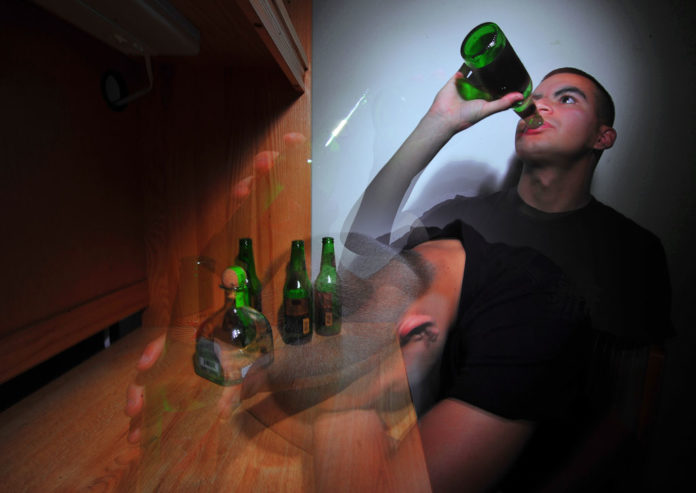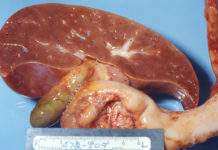
In an article experts argue that classifying alcohol as a drug would ensure coherent policy and better outcomes against addiction
Should alcohol be classified as a drug? Experts argue on the affirmative in a provocative article in The BMJ.
The words that clinicians use matter. Professors Kypros Kypri from University of Newcastle and Jim McCambridge of the University of York argue that the way we categorise these words is also important, particularly in relation to drug and addiction policy.
“The clear identification of alcohol as a drug matters a great deal to the alcohol industry, and to society, because the policy implications are so important,” they have written.
Alcohol consumption contributes to more than 3 million deaths globally every year and over 5% of the global burden of disease and injury, according to the recently issued WHO Global Status Report (GSR) on Alcohol and Health 2018. It is also a major risk factor for NCDs, including cancers and cardiovascular diseases, communicable diseases such as TB and HIV/AIDS, violence, and injuries. World Health Organisation has called upon countries to strengthen restrictions on alcohol availability.
ALCOHOL CONSUMPTION CONTRIBUTES TO MORE THAN 3 MILLION DEATHS GLOBALLY EVERY YEAR AND OVER 5% OF THE GLOBAL BURDEN OF DISEASE AND INJURY
A recent systematic review and meta-analysis concluded that the level of alcohol consumption that minimised harm across health outcomes was zero. The wider people’s access to alcohol, the greater its health and social harms.
Kypri and McCambridge compare the alcohol industry to the tobacco and gambling industries. “Profiting from addiction is a defining feature of these industries, along with obstructing the implementation of effective countermeasures,” they write.
“Bringing alcohol, tobacco, and other drugs together in unified policies may support policy coherence, stimulate creative thinking about new countermeasures, and improve societal outcomes,” they argue.
Is there much that clinicians can do about the politics behind policies? Probably not. But is it possible to adopt Kypri and McCambridge’s suggestion in practice? Drinkers might feel unfairly judged if labelled as drug users, but pretending that alcohol is anything but a drug is perhaps doing them an equal disservice.
Clinicians might also find their own beliefs, behaviours, and experience of alcohol challenged by such a reclassification.













